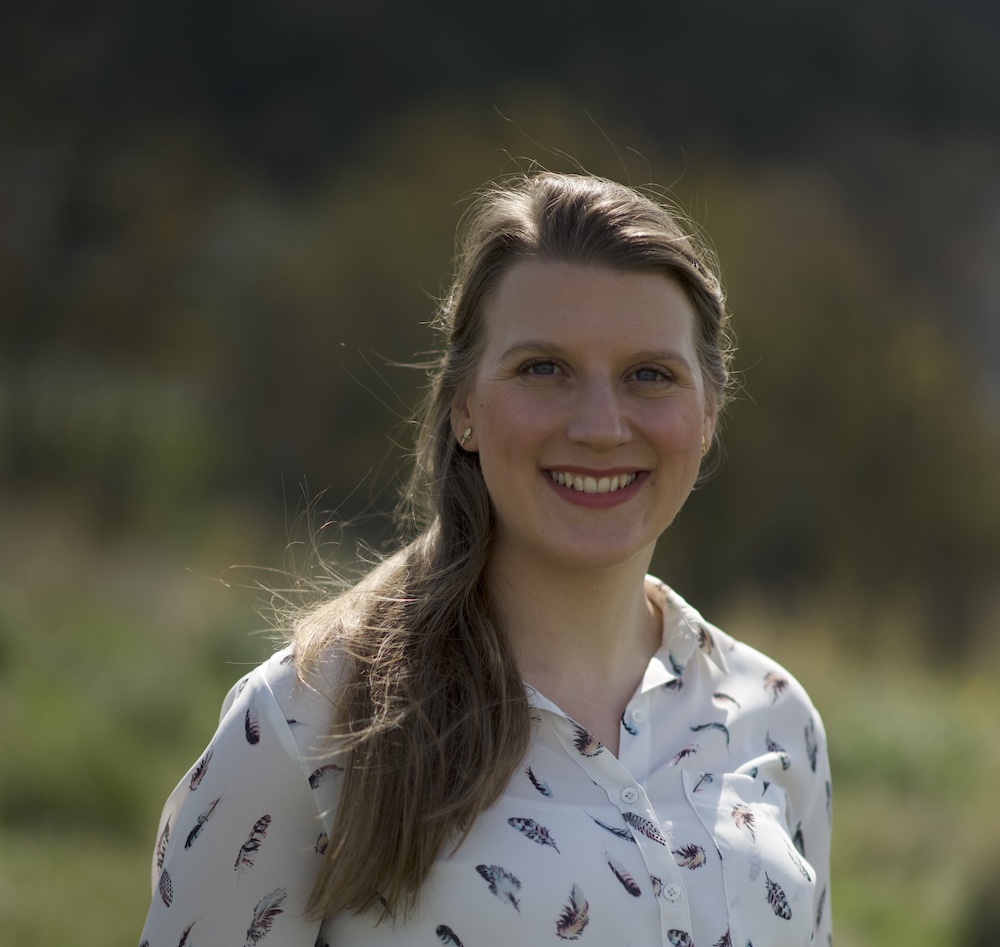Growing up alongside a sibling with developmental disabilities is a unique experience — bringing both meaningful connection and emotional strain.
Maren Rogers, MA’25, a graduate of the Master of Arts in Counselling Psychology in Vancouver, first began noticing this dynamic while working as a family support worker for child development centre in British Columbia: many children were quietly taking on caregiving roles, sometimes far beyond what’s expected.
Often referred to as sibling-focused parentification (SFP), this pattern can be viewed as a form of neglect. However, emerging research suggests a more complex picture. While SFP can place a heavy emotional burden on young caregivers, it can also foster empathy, resilience, and a deeper sense of responsibility.
“Kids are pretty extraordinary,” Rogers said. “They’re much more perceptive than we ever give them credit for.”
And when it came time for Rogers to embark on her thesis, choosing a topic wasn’t difficult.
“I was interested in learning more about what leads to these positive outcomes,” she said. “What can parents, caregivers, and practitioners do to ensure kids growing up with siblings who have developmental disabilities don’t feel neglected and overburdened?”
Rogers published her findings in her thesis, “’You’re Not Supposed to Know What to Do. You’re Just a Kid.’ Coping With Sibling-Focused Parentification: Experiences of Typically Developing Siblings.’”
Reflecting on her work and offering advice to other students navigating the thesis process, she reveals what surprised, challenged her, and how this thesis will help inform her career after Adler.
What sparked your interest on your thesis topic?
I’ve always loved working with kids and seeing how their little minds work. That led me to studying psychology, specifically developmental psychology, for my undergraduate studies. Then, as a family support worker, I worked with caregivers of children with developmental disabilities. In that role, I also organized events called “Sibshops,” where kids who had siblings with developmental disabilities met others like them — many for the first time. Through that, I saw the importance of fostering relationships within families. The culmination of all those experiences led me to want to dig deeper and learn more.
How did you approach your thesis?
For my thesis, I conducted three in-depth, semi-structured interviews with participants between the ages of 22-24. I used what is called an “enhanced critical incident technique” and “reflexive thematic analysis” to generate major findings from my interviews and data.
What were these findings, and did anything surprise you?
Through my participants, I found eight major observations, outcomes, and themes for children experiencing SFP. These were:
- They acted like a “mini adults” while dealing with big feelings underneath.
- Coping was negatively affected by their parents’ behaviours.
- It was important for parents and adults to validate their feelings and to make space for them to be children.
- Learning about their sibling’s diagnosis and being included in treatment helped them cope.
- They often experienced less understanding from other people, which created more distress.
- The feeling of isolation often made developing friendships more difficult.
- More support from outside of the family often helped the entire family system.
- Engaging in activities and interests helped support their identity development, coping, and created meaning.
That last piece about identity was the most surprising piece for me. My participants talked about how important it was for them to develop an identity outside of being a caregiver for their siblings. Whether it was wanting to join the soccer team or spending time with friends away from home, developing these interests helped them find their own identity. Without those opportunities, they felt they would have rebelled or fallen into a crisis.
What do you hope people take away from your thesis?
Ultimately, I hope it helps parents and practitioners gain a better understanding on how to support children, including those with siblings who have developmental disabilities.
For prospective or current students who have yet to go through the thesis process at Adler, do you have any advice?
I think the biggest piece of advice I can offer is to make sure you find a good match when it comes to your faculty supervisor. I feel so lucky to have worked with Debbie Clelland, Ph.D. She was so supportive. I can be a bit of a procrastinator, but Dr. Clelland was able to provide me with the structure and support I needed. When students meet with their potential supervisors to discuss their thesis ideas, I would encourage them consider whether the working style is also a match and to take this step in the thesis process seriously.
What are your career goals, and how will this thesis influence your work?
We’ll see where my job hunt leads, but I would love to work with children and to continue practicing with a family-centered approach, which isn’t focused on “fixing” preconceived problems with a child but to work with the family to make everyone’s lives better. Of course, I would love to resume working with children with developmental disabilities and their families and to apply some of what I learned in the thesis process, but I’m open to opportunities.
